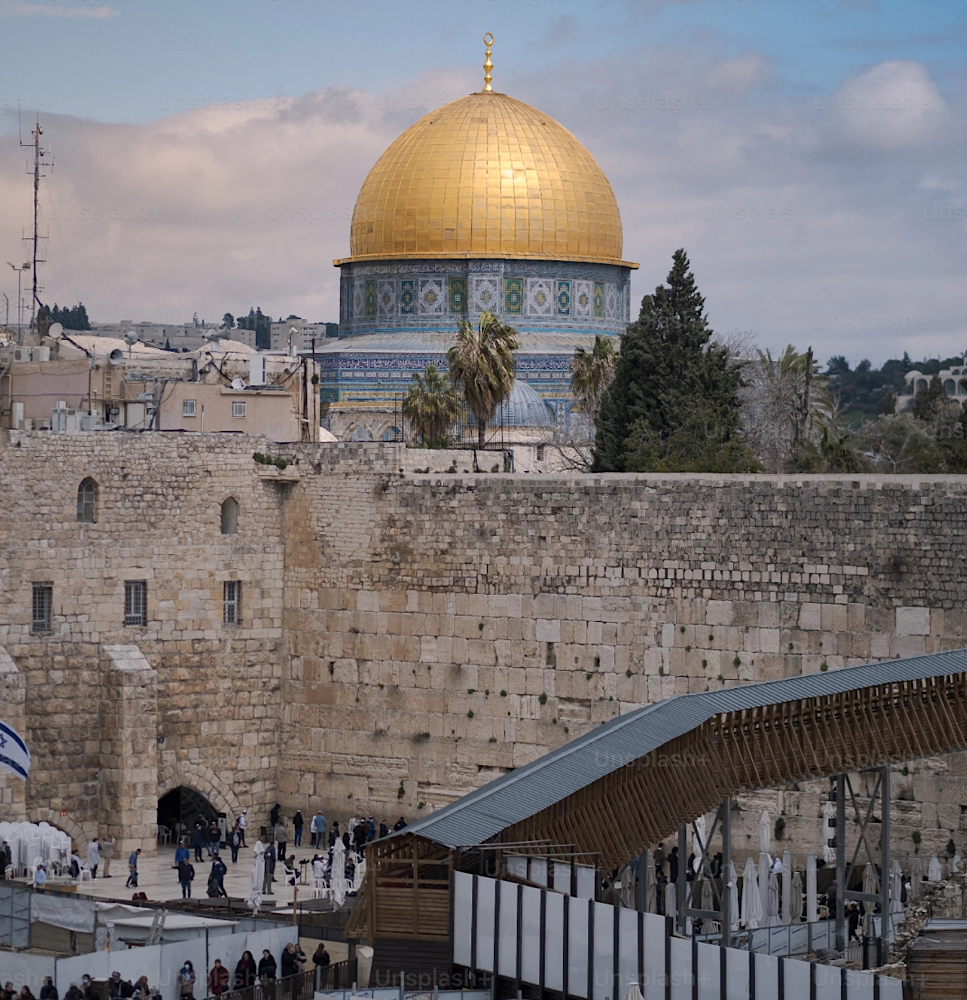Netanyahu wants more prisons as more Palestinians are arrested because of the Gaza war
At least 4,000 suspected “terrorists” have been arrested since 7 October, pushing up the number of Palestinians in jail from about 5,200 to about 9,000 thanks to the widespread use of administrative detention. Clashes break out overnight between police and Muslims at the start of Ramadan near al Aqsa. Israeli police limit access to the holy site despite pledges to the contrary.
Jerusalem (AsiaNews) – One the consequences of Israel’s war in Gaza in response to the Hamas terrorist attack on 7 October is the extensive use of administrative detention, a controversial practice that has led to prison overcrowding forcing Israeli authorities to plan for more space in anticipation of coming waves of arrests.
With the start last night of Ramadan, the ongoing fighting could get worse. In fact, the Islamic holy month of fasting and prayer has already seen fresh clashes near Temple Mount/Haram al-Sharif in Jerusalem.
Last month, the number of Palestinian prisoners held in Israeli jails rose to about 9,000, up from about 5,200 in early October.
For this reason, Israeli Prime Minister Benjamin Netanyahu ordered the relevant government agencies to prepare the prison system for an influx of thousands of inmates.
During a meeting with representatives from the ministries of defence, national security, and finance, the IDF and Shin Bet presented estimates showing that thousands of terrorists are expected to be arrested in 2024, which will lead to a lack of space in the prisons if steps are not taken.
Since the start of the war in Gaza, some 4,000 suspected terrorists have been arrested, most in Gaza, but some in the West Bank.
The Israeli Prison Service presented short- and medium-term plans for an increase, which Netanyahu himself wanted to see quickly approved.
Meanwhile, the IDF and Shin Bet said that some 40 suspects held under administrative detention were released to make room "for detainees of a higher threat level," even though they were scheduled to be freed next month.
Under Israel's administrative detention, a suspect can be detained for long periods, even without charges or trial, with the order unilaterally renewed every six months.
Once applied only to Palestinian militants, the measure can be applied to Israelis, although critics are sceptical about how it can be done.
A source of controversy and protests for violating the rights of suspects, this measure is usually used when the authorities have information linking a suspect to a crime, but do not have enough evidence for charges to be laid before a court of law.
Detentions must be renewed by a military court every six months, and prisoners can remain in prison for years.
While some Palestinians have been detained without known charges, the most common reasons for detention include online calls for violence and allegations of terrorist activities.
In Jerusalem, clashes broke out overnight between Palestinians and Israeli police outside the al-Aqsa mosque, at the start of Ramadan, the Muslim holy month of fasting and prayer, with tensions running higher than in previous years because of the war and Hamas’s proclamations.
Local sources reported by the Times of Israel say that police attacked Muslim worshippers with batons at the entrance to the Haram al-Sharif (Temple Mount).
Police reportedly prevented some Israeli Arabs and "hundreds" of Palestinians in East Jerusalem from entering, in breach of Netanyahu's assurances, while National Security Minister Itamar Ben-Gvir said that strict restrictions would be imposed on entry.
Several videos show police attacking Arabs with batons. Abraham Initiatives, an organisation that promotes coexistence, reports that people have been stopped by police who have deliberately ignored the prime minister’s order for freedom of access.
Police patrol the narrow streets of the Old City in Jerusalem, where tens of thousands of worshippers are expected daily at the al-Aqsa compound, Islam's third-holiest site, for Ramadan.
The mosque compound has often been one of the symbolic places of violence between Israelis and Palestinians in the past and for this reason it has been subjected to constraints and restrictions.
Yet, as late as yesterday, Benny Gantz, a senior member of Israel’s war cabinet, had promised freedom of access.
"Our war is not against Islam,” he said, “but against those who hurt Islam values. Against those who commit crimes against humanity and sought to tear apart the Israeli society and our common future.”
17/04/2020 15:30







.png)










